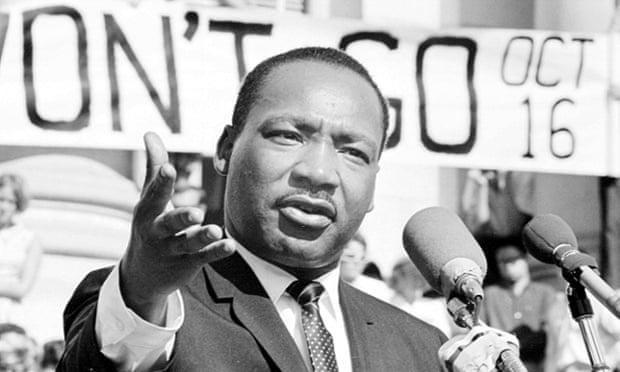
W hen I set off on my 8,000-mile long walk, I thought that peace was a political issue. I walked from New Delhi, from the grave of Mahatma Gandhi to Moscow, Paris, London and Washington DC, delivering packets of peace tea to political leaders. Some 50 years ago, I stood at the grave of John F Kennedy thinking that if only politicians could see the point of peace, all would be well. But now I have realised that peace is as much a matter of economics as it is a matter of politics.
Wars are about power and control over resources. Political power is part of it but what drives the politics of war is greed for greater and greater profit derived from the possession of natural resources such as petroleum, uranium, rainforests and land.
If the overarching aim of the economy and business is to strive for higher living standards and ever increasing economic growth, then access to and ownership of natural resources becomes an imperative. In such a context national interest, national defense and national security becomes dependent on acquisition of natural resources wherever they are. More powerful countries such as the US or China spread their military bases around the world. As long as societies are driven by ever-increasing consumerism there can be no hope for ending wars and establishing peace among nations.
The biggest challenge for our time is to create a new kind of economics, business and politics that can be rooted in the soil of ethics and spirituality. To get there, we need to move towards more local businesses and economies, as well as more human-scale companies, rather than global multinational corporations that are heavy on the environmental resources. We need to create successful examples of businesses that integrate sustainability with profit and we have to inspire companies to look at the triple bottom line: environmental profit, social profit and financial profit.
Peace is not merely absence of war. Peace is a way of life; a life based in voluntary frugality and elegant simplicity. Instead of an unlimited search for material prosperity peaceful societies need to seek personal, social and environmental well-being. As the example of Bhutan shows, instead of seeking gross national product peaceful societies seek gross national happiness.
Wars are always good business for those who are engaged in the manufacture and trade of arms, and thus the jobs of a vast number of decent citizens become dependent on the research, development and sale of arms. Huge investment is devoted to innovating technologies that can be used effectively and efficiently for militaristic adventures. Thus the control of natural resources on one hand, and the arms trade on the other, become twin causes of international conflict.
In order to satisfy human greed not only do nations go to war against other nations but they wage war against nature itself. Animals are treated with horrific cruelty in huge factory farms where thousands of pigs and cows are no more than a means of profit. The over-fishing of the oceans, the destruction of rain forests and the poisoning of the land are no less than acts of war against nature.
If humanity is genuinely to pursue the path of peace then we have to change the way we do business. There is always some room for moderate profit but the purpose of business and the motivation of those involved in business has to arise from a mind of caring, sharing and sustainability.
Such motivation cannot be imposed by government, it has to emerge from within each and every person and it has to be an integral part of social and political culture. The seeds of greed, consumerism and materialism are there in every human mind. In order to establish peace in the world we have to start by making peace within ourselves. A greedy mind cannot be a peaceful mind. A peaceful mind is a mind of contentment and fulfillment.
After my long walk I traveled to Atlanta to meet Martin Luther King. At that time black men and women could not vote, could not use the same school, the same hotel, restaurant or bus as the white population. In our conversation King said, “racial discrimination is violence, a kind of war on the blacks. The response to this violence has to be non-violent and my non-violence cannot be merely superficial and purely a technique of protest. My non-violence has to come from deep within the heart. The power of non-violence is the supreme power to bring peace and harmony between blacks and whites.”
King’s reference to racial war is relevant to all wars. His method of bringing racial peace is a method to bring peace at every level.
My 8,000 mile long walk to meet Martin Luther King was worth every step.
- Satish Kumar
Please go here for the original article: http://www.theguardian.com/sustainable-business/2014/oct/24/martin-luther-king-peace-war-satish-kumar
Satish Kumar’s autobiography, No Destination is published by Green Books, Cambridge (2014).
No comments:
Post a Comment